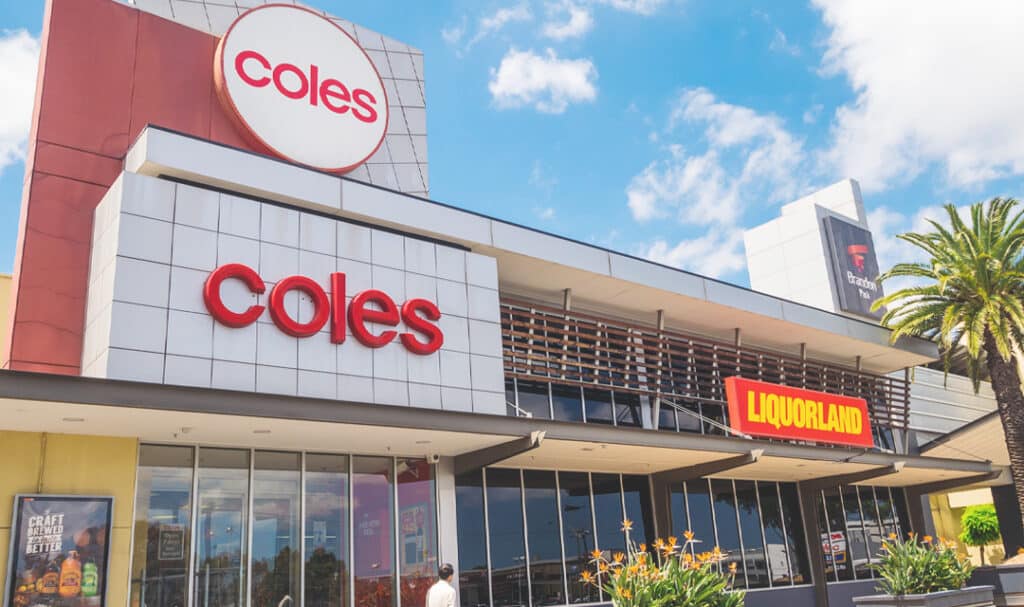The arrival of Covid-19 in early 2020 caused extraordinary movements in supermarket turnover.
A $100bn cash injection by the Commonwealth Government saw spending on retail goods skyrocket, aided by consumers spending their income (and savings) on retail items instead of travel. This was all on top of the excessive panic buying in the early stages of the pandemic.
The increase in spending on food (Supermarkets and Groceries) grew at a stronger rate than total retail, reaching a 10.6% increase in the year to February 2021. Lockdowns in the major cities spiked panic buying and contributed to the growth with income redirected towards food during the closure of entertainment facilities and restaurants. Retail turnover growth in the food sector subsequently slowed as the market reached saturation point before resetting to more sustainable levels in early 2022.
In the medium term, online shopping will have the most significant impact on retail turnover in supermarkets and grocery stores. While revenue from online shopping may stay within the same group of companies, it removes a part of retail spending budgets from bricks and mortar stores.

Both Coles and Woolworths are investing heavily in warehouse and process automation in preparation for further growth in e-commerce. Coles is set to build two automated fulfilment centres (Melbourne and Sydney) while also pressing ahead with distribution centre automation in Queensland. Aldi’s business model has remained largely the same since its arrival in Australia in 2001. IGA has regained market share as the Covid-19 pandemic saw buyers prefer the convenience and perceived safety of local IGA stores compared with big shopping centres.
Food and grocery retail operators are facing several challenges to their operations at present. The pandemic has led to wide-ranging supply-chain issues, further exacerbated by the war in Ukraine. The combination of supply chain disruptions and shortage of production inputs has contributed to the recent spike in inflation.
Supermarkets continue to be popular investments (sometimes dubbed “Covid-proof”) with strong investor demand when marketed for sale. Recent transactions in the Sydney and Melbourne have seen analysed market yields ranging from 4.00% to 5.00% p.a. net in the sub-$10 million bracket.
In the current environment investors are happy to chase firmer yields due to longer term lease covenants and transparency over trading performances. Supermarkets also generally occupy prime locations with planning barriers to entry for competing sites. This asset class has proven over time that they can perform in most market conditions, including a pandemic which in turn provides investors with an added level of confidence when paying firmer yields for such assets.